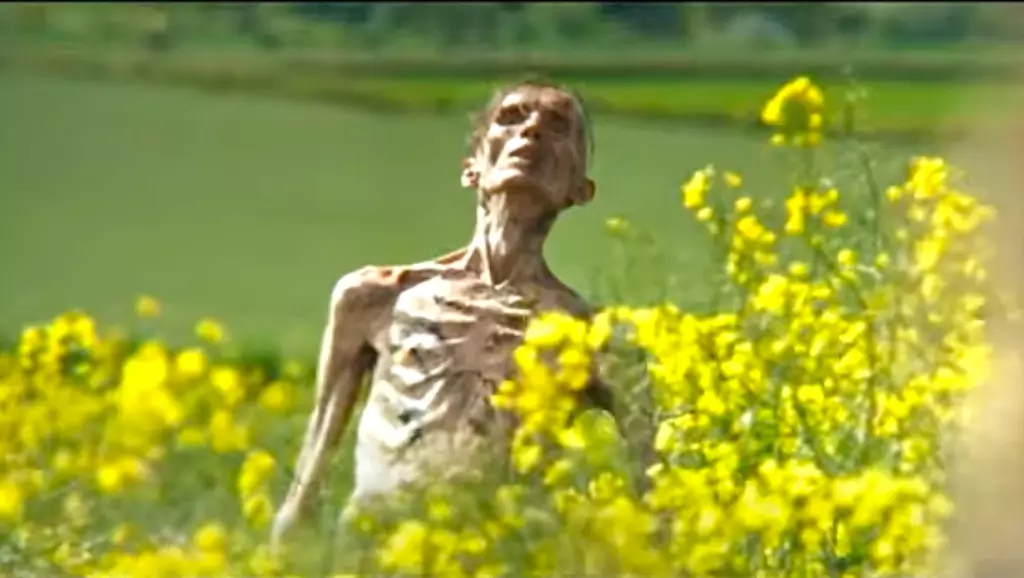In a landscape where cinematic content is constantly evolving, Sony Pictures is making waves with the announcement of the second film in the reimagined 28 Days trilogy, titled *28 Years Later: The Bone Temple*, set to premiere on January 16, 2026. This decision places Sony in direct competition with several other highly anticipated releases, notably New Line Cinema’s *Weapons*, directed by Zach Cregger. Rumor has it that Warner Bros. might have considered shifting *Weapons* to a 2025 timeline due to promising test screenings, yet they are resolute in maintaining their MLK weekend launch. The cinematic calendar is shaping up to be fiercely competitive, especially with an untitled Disney film also slated for the same weekend.
Amidst these announcements, the trailers for *28 Years Later* and its predecessor have garnered significant attention. The trailer for *28 Years Later*, which released recently, achieved a remarkable 60.2 million views worldwide, making it the second most-watched horror trailer to date, just behind *It Chapter Two*. This graphic return to a haunting zombie apocalypse narrative has re-ignited interest in the franchise that first captivated audiences with the 2002 original, directed by Danny Boyle. The original film’s digital release served as a timely reminder of its impact on the horror genre, setting the stage for the upcoming entries.
The revival of the franchise comes with an impressive cast and crew. With Boyle returning as director and reuniting with original screenwriter Alex Garland, alongside Cillian Murphy reprising his role, the sequel is lyrically tied to its roots. The cast expands to include notable names like Jodie Comer, Aaron Taylor-Johnson, Ralph Fiennes, and Jack O’Connell, bringing a wealth of talent to the screen. Nia DaCosta’s direction of *28 Years Later: The Bone Temple* will undoubtedly infuse fresh energy into the series while balancing its established legacy.
Substantial financial backing for the films is evidenced by their estimated $75 million budgets. Producers including Boyle, Garland, and seasoned veterans like Peter Rice and Andrew Macdonald are banking on the horror genre’s propensity for solid box office returns. The original films, combining to gross nearly $150 million globally, have laid a substantial financial groundwork, which suggests an optimistic outlook for the new installments.
At its core, the *28 Days Later* franchise redefined zombie horror by introducing a unique blend of social commentary and psychological thrill. The initial premise—animal rights activists inadvertently unleashing a viral outbreak—resonates with modern audiences. Murphy’s character, James, awakening to a desolate London, encapsulates the dire consequences that ripple from seemingly innocuous actions. This legacy creates a fertile ground for exploring contemporary issues through the lens of horror.
The resurgence of the *28 Days Later* saga appears poised to captivate long-time fans and newcomers alike. As discussions around potential shifts in release schedules and audience reactions to upcoming trailers continue, the franchise stands at the precipice of a revitalized era, ready to once again enthrall the horror community and reinvigorate cinematic storytelling.
